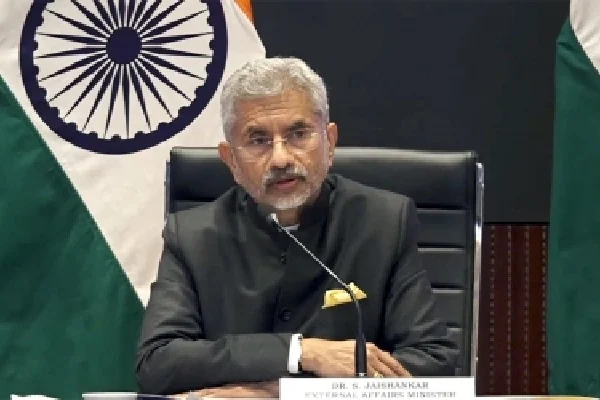In a significant move towards social reform, the Assam Cabinet has taken a decisive step to prohibit child marriage by repealing the age-old ‘Assam Muslim Marriages and Divorces Registration Act, 1935.’ This decision, announced by Chief Minister Himanta Biswa Sarma, underscores the state government’s commitment to upholding the legal ages for marriage and safeguarding the rights of minors.
The Act, dating back to the pre-Independence era, had long been criticized for its outdated provisions, particularly those allowing marriage registration even if the bride and groom had not reached the legal ages of 18 and 21, respectively, as mandated by law. By repealing this legislation, the Assam government aims to address loopholes that have facilitated underage marriages and promote social progress within the state.
On February 23, the Assam Cabinet made the landmark decision to revoke the Act, signaling a significant advancement in efforts to combat child marriage. This move aligns with the government’s broader agenda of social reform and underscores its commitment to ensuring the well-being and rights of the state’s youth.
Following the repeal of the law, District Commissioners and District Registrars will be entrusted with the task of taking custody of registration records currently held by 94 Muslim Marriage Registrars. This transition will be carried out under the supervision of the Inspector General of Registration, ensuring a smooth implementation of the new regulations.
In addition to repealing the outdated legislation, the Assam government has announced a one-time compensation of ₹2 lakh for Muslim Marriage Registrars. This measure aims to support their rehabilitation following the repeal of the Act and underscores the government’s commitment to facilitating a smooth transition to the new legal framework.
State Minister Jayanta Malla Baruah has described the repealed Act as a colonial relic and emphasized its significance in the journey towards establishing a Uniform Civil Code in the state. This sentiment reflects a broader recognition of the need to modernize existing legal frameworks and promote equality and justice for all citizens, regardless of religious or cultural background.
Moreover, the decision to repeal the Act is driven by the acknowledgment of its obsolescence and inadequacy in addressing contemporary societal challenges. The Act, formulated during the British colonial era for the Province of Assam, no longer aligns with the evolving social norms and legal standards of modern India.
One of the key shortcomings of the Act highlighted by the government is its lack of mandatory registration for marriages and divorces. This informal approach to registration has created loopholes and allowed for non-compliance with existing norms, undermining efforts to prevent child marriage and protect the rights of minors.
Furthermore, the Act’s provisions have perpetuated the practice of underage marriages by allowing for the registration of unions involving individuals below the legal marriageable age. This oversight has contributed to the prevalence of child marriage in certain communities and underscored the need for legislative reform.
In repealing the ‘Assam Muslim Marriages and Divorces Registration Act, 1935,’ the Assam government has taken a commendable step towards promoting social justice and safeguarding the rights of vulnerable populations. This decision reflects a commitment to upholding the principles of equality, dignity, and justice for all citizens and marks a significant milestone in the state’s journey towards social reform and progress.














